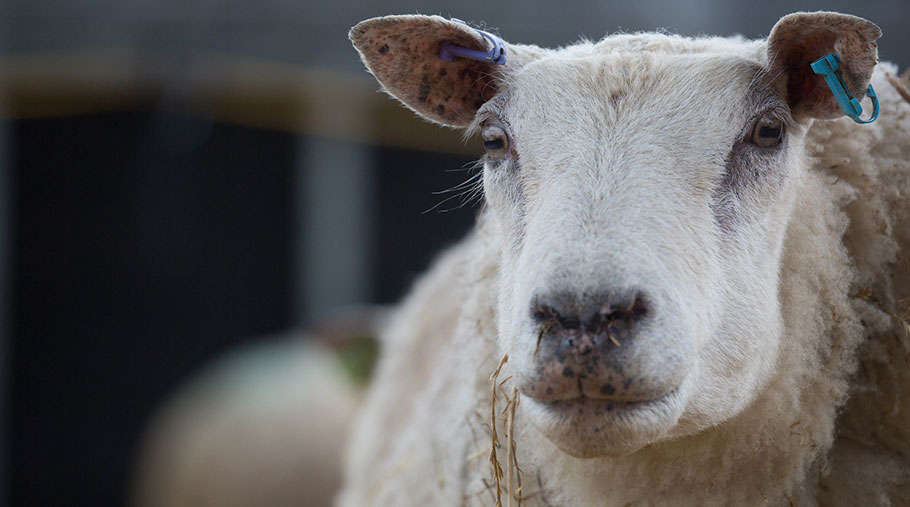Sheep industry must prepare for Brexit ‘no deal’, says NSA
 © Tim Scrivener
© Tim Scrivener The UK sheep industry must not lose its identity post Brexit by seeking to make production efficiencies like the dairy, pig and poultry industries.
Instead it must make efficient and productive gains within its current environmental boundaries and be prepared for a “no-deal Brexit”.
That was the message from National Sheep Association (NSA) chief executive Phil Stocker, who emphasised the importance of retaining the UK’s diversity of sheep breeds and stratified system of upland and lowland farms after Brexit and said the industry should prepare for the worst case by opening up export markets outside the EU.
See also: Sheep health and nutrition tips in a heatwave
Speaking to Farmers Weekly at the NSA Sheep Event, Malvern, Worcestershire on Wednesday (18 July), he said: “That diversity is the foundation on which our sheep industry stands at the moment.
“I think we need to be thinking of making efficiency gains but consciously not eroding that environment, natural capital.”
Mr Stocker warned it would be a “really big mistake” if the sheep industry moved to using homogenous breeds and was driven by an input-output-led system like the pig, poultry and dairy industries.
He conceded 70-80% of lamb would be produced from a more concentrated breed pool and said breeds had to “compete within the marketplace” and couldn’t just be kept as “museum pieces”.
But he added there was a strong argument for keeping more breeds to help create niche brands and differentiate from the mainstream sheepmeat market.
“If you look at sheepmeat consumption levels in the UK, it has gone down and down and it’s becoming a commodity product. We do need to inject a little bit of life into it.”
Improving sheep health and welfare
He said the industry needed to protect natural capital – air, soil and water – and seek to make efficiencies by reducing loses and improving health and welfare rather than increasing numbers – a strategy deployed in other sectors in an attempt to drive down costs.
“If we concentrate on increasing our health and reducing losses from disease and parasites we will improve the welfare of our flock at the same time as making productivity gains. It’s a win-win situation.”
How the UK sheep industry could improve health and welfare was a hotly debated topic on the day.
Mr Stocker outlined two ways the government could support improved health and welfare post Brexit:
- The government could subsidise health accreditation schemes
- Or farmers could gain points and earn money by improving sheep health through a scheme similar to that of current agri-envionment schemes.
Prepare for “no deal” on Brexit
The sheep sector needed to prepare for the worse-case scenario – the UK leaving the EU without a deal, Mr Stocker also warned.
“Given that the vast majority of the 35% of UK lamb exported from the UK goes into the EU, we absolutely do not want a no deal on Brexit.”
Mr Stocker said negotiations could still go very badly wrong and there was a risk the UK could fall World Trade Organization rules and face huge trade disruption.
“It would be irresponsible not to be ready and prepare for this possibility. That means stepping up efforts to open up new export markets outside of the EU, doing much more to boost domestic demand for sheepmeat, and protecting ourselves from imports.”
